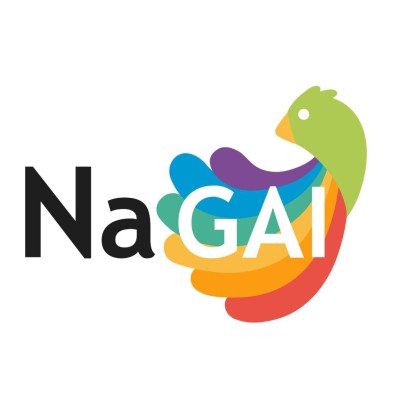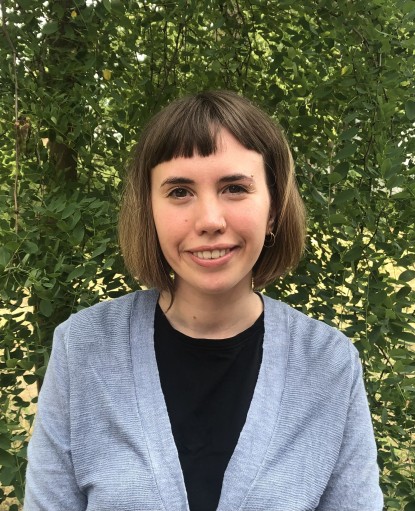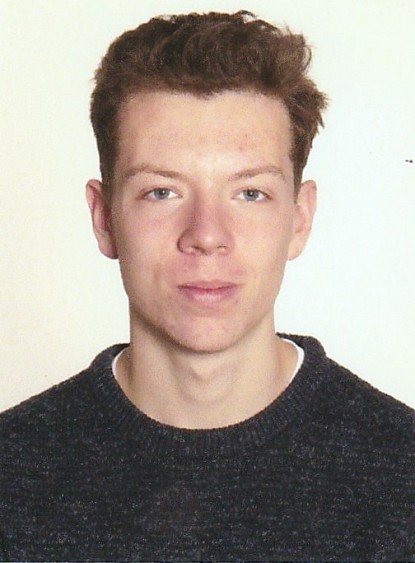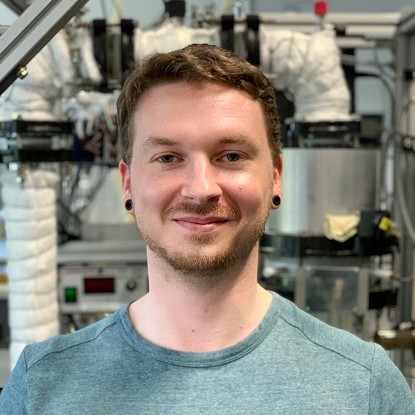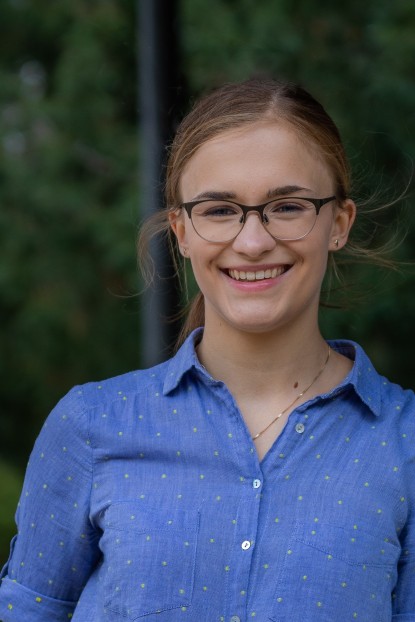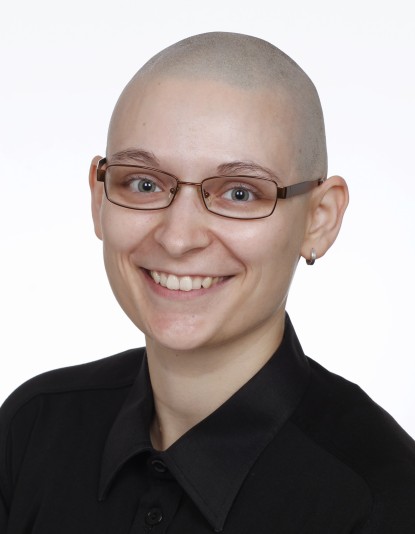The module „Scientists in Society, Academia and Industry – Barriers and Opportunities“ (short: SciSAI) approaches the fact that science is made by humans, which can not always live up to the aspiration of objectivity as easily as hoped for.
This affects
- the results of scientific research (selection of topics, interpretation of data, (non-) publication of certain results, …),
- the career paths scientists can take (selection processes in applications or promotions, mental load, …),
- the way in which scientists are perceived publicly (credibility, comprehensibility, …).
Therefore in the lecture series initiated in 2020, topics like the following are discussed: Perception of scientists in media and society, networking and equality efforts in academia and industry, different types of communication behaviour, compatibility of family and profession, power abuse and harassment, mental health, unconscious biases, discrimination, stereotypes and diversity as well as conditions for work as a trained scientist.
The invited speakers are familiar with the various forms of discrimination and diversity and are active in a wide variety of fields; from professors to management consultants, science coordinators and representatives of research institutes and NGOs, everything is included. Of course, apart from guest lectures, there is plenty of time for discussion and questions in every session.
The lecture takes place every Wednesday, starting from October 16, 2024, usually at 11.40 am (CEST/CET) and is held via Zoom. If a study journal is handed in, it is valid as a 2 CP ungraded* elective subject for all bachelor's and master's degree courses and can be found on TUCaN by its code 07-00-0052-vl. The Zoom link, recordings of the sessions as well as discussion option are available for participants in the respective Moodle course.
External listeners may also access the Moodle course if they log in via guest account (press the button “Access as a guest” below) prior to clicking the course link.
If you experience any difficulties accessing the lecture, feel free to contact the responsible people via e-mail (button “Contact”).
We are looking forward to meeting you!
* If your study regulations only provide for a graded elective, please discuss in advance with your study office whether there can be a special arrangement for rewarded participation in this module. In case elective offerings in the Studium Generale area are limited, feel free to let us know and submit a request for credit to your academic committee as early as possible.
---
Zoom-Data:
https://tu-darmstadt.zoom-x.de/s/62736332138
Meeting-ID: 62736332138
Kenncode: 560758
quick mobile dial-in: +496938980596,,62736332138# Germany
local dial-in: +496938980596 Germany
find local dial-in: https://tu-darmstadt.zoom-x.de/u/cbsZsSUlY2
---
The recording of the lectures will be uploaded via Panopto in the Moodle course with (automatically created) captions for TU-interns. Discussions are anonymously documented and also published there. Within the meetings, we try to read out written contributions, and automatic live captions can be activated.
If you need further support in order to participate well in NaGAI, please let us know in person or via the anonymous feedback function in the Moodle course. We want to do our best to enable full participation for all interested people and are always willing to learn more!
| 16/10/24, 11.40 am – 01.10 pm CEST | Science & Society [GER] |
|
|
| 23/10/24, 02.00 pm – 03.30 pm CEST | Ethical Research: Dual Use [GER] |
|
|
|
|
| 30/10/24, 11.40 am – 01.10 pm CET | Climate crisis & research [GER] |
|
|
|
|
| 06/11/24, 11.40 am – 01.10 pm CET | AI in research and scientific writing [GER] |
|
|
|
|
| 13/11/24, 11.40 am – 01.10 pm CET | Student engagement (panel discussion) [GER] |
|
|
| 20/11/24, 11.40 am – 01.10 pm CET | Teaching skills in STEM [GER] |
|
|
|
|
| 27/11/24, 11.40 am – 01.10 pm CET | Accessible teaching [EN] |
|
|
| 04/12/24, 11.40 am – 01.10 pm CET | Abuse of power in the academic system [GER] |
|
|
|
|
| 11/12/24, 11.40 am – 01.10 pm CET | Self-assertion against abuse of power (workshop) [GER] |
|
|
| 18/12/24, 11.40 am – 01.10 pm CET | Mental health [GER] |
|
|
|
|
| 15/01/25, 11.40 am – 01.10 pm CET | Neurodiversity [GER] |
|
|
| 22/01/25, 11.40 am – 01.10 pm CET | Racism & religion [GER] |
|
|
|
|
| 29/01/25, 11.40 am – 01.10 pm CET | Men on the road to equity [GER] |
|
|
| 05/02/25, 11.40 am – 01.10 pm CET | Reconciling family and work [GER] |
|
|
|
|
| 12/02/25, 11.40 am – 01.10 pm | Career entry and prospects [GER] |
|
|
|
|
| Detailed information on the German lectures are only available on the German version of this page. |
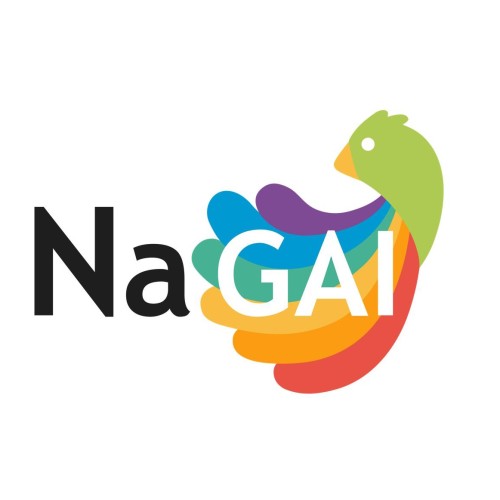
Accessible teaching
Prof. Dr. Zoe Schnepp
Due to illness, the lecture by Prof. Dr Zoe Schnepp unfortunately had to be cancelled at short notice.


